"Sweet fruit seasons" from high-tech agriculture
When it comes to high-tech agriculture in Bac Ninh today, we cannot ignore lychee, a national brand that has affirmed its position in the international market. With an area of about 30,000 hectares, of which more than 18,000 hectares meet VietGAP and GlobalGAP standards, lychee brings in thousands of billions of VND each year, exported to more than 30 countries. In recent years, farmers and cooperatives in the province have boldly applied technology: drip irrigation, using organic microbial fertilizers, QR codes to trace the origin... helping lychee retain its flavor, meeting the strict requirements of demanding markets.
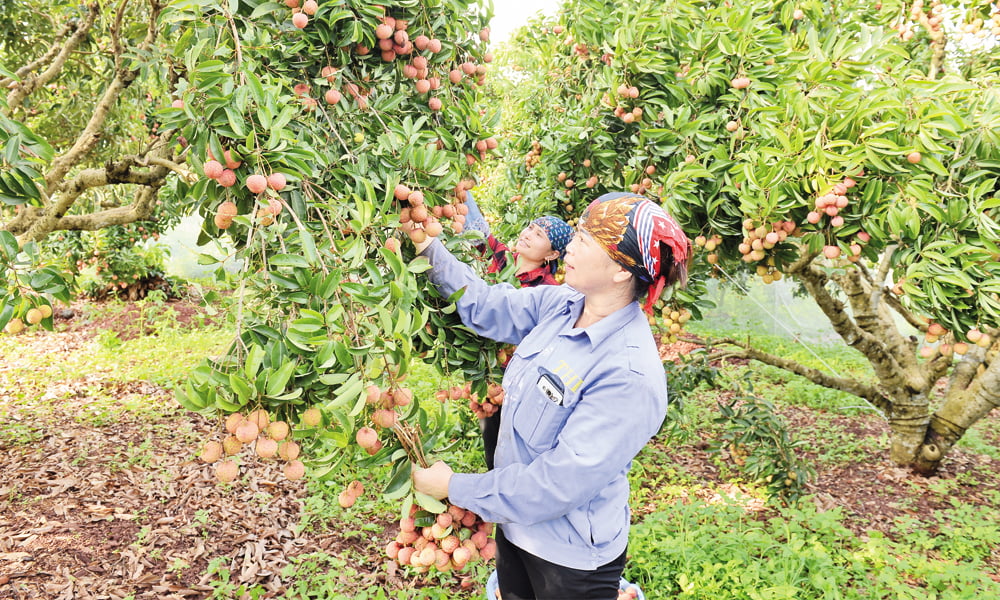 |
Harvesting lychees grown according to VietGAP standards in Phuong Son ward. |
In 2025, the whole province successfully exported nearly 430 tons of official products to high-end markets such as the US, Canada, Japan, EU... Products are sold in large supermarket chains such as Safeway, Albertsons, Costco, Selgros, Rungis International Market (France)... However, only about 20% of lychee output is deeply processed, while the demand for juice, drying, and freezing is increasing. This is the room for Bac Ninh to attract businesses to invest in modern processing lines, forming a closed value chain.
In addition to lychee, there are many effective high-tech agricultural models in the province. Phu Cuong Green Agriculture Cooperative, Luong Phap village, Gia Binh commune, was established in early 2022, operating in the field of high-tech agricultural production, organic agriculture associated with experiential tourism. Currently, on an area of more than 5 hectares of production land, the Cooperative is divided into 3 areas: Area for growing organic vegetables, flowers, fruit trees; experiential tourism area; food service area. Director of the Cooperative Bui Xuan Que shared: “Thanks to the application of science and technology, even when the outdoor temperature is unfavorable for production, the plants still grow and develop well, yielding hundreds of kilograms of harvest each day. The quality of vegetables and fruits has also been improved, and the entire melon output is consumed at schools, restaurants, and clean food stores at prices ranging from 6,000 to 10,000 VND/kg. In addition to growing 2-3 cucumber crops per year, farmers rotate watermelon, squash, pumpkin, and fruit trees such as red bananas, papaya, jackfruit, etc. With diverse production and business directions, the Cooperative is maintaining a revenue of around 1 billion VND/year, bringing high income to members and workers."
DELCO Farm is a high-tech farm complex located in Ninh Xa ward with a total area of 6 hectares and an investment capital of more than 60 billion VND. The farm is designed as an integrated agricultural ecosystem, including 2 hectares of water surface for fish farming, 2 high-performance egg-laying chicken farms, a Japanese melon greenhouse of more than 7,000 m² with an output of about 50 tons/year and a 1,000 m² hydroponic vegetable greenhouse. Notably, the entire production system at DELCO Farm is operated by automatic software designed and developed by Vietnamese engineers, integrating Internet of Things (IoT) technology according to industry 4.0 standards. Mr. Le Khanh Manh, Director of DELCO High-Tech Agriculture Joint Stock Company, owner of DELCO Farm, shared: "Proactively developing domestic technology not only helps reduce initial investment costs but also shortens implementation time and makes it easy to expand scale in the future. Each product on the farm is attached with a QR code to trace its origin, ensuring transparency and quality."
Towards a sustainable value chain
In the period of 2020 - 2025, Bac Ninh province's agriculture will develop comprehensively in a sustainable and modern direction, focusing on high-tech, organic, green, circular agriculture, adapting to climate change. The province has promoted favorable conditions in terms of soil and climate, applied technical advances, linked production with processing and consumption, and increased the value of goods. Many specific mechanisms and policies have been implemented; concentrated production areas and key goods have been formed; a number of crops and livestock are among the top in the country. The whole province currently has 1,634 establishments applying high technology in production; more than 60% of agricultural and aquatic products meet VietGAP and GlobalGAP standards. The agricultural area applying high technology is about 7,000 hectares, with an average production value increasing by 12-15% per year.
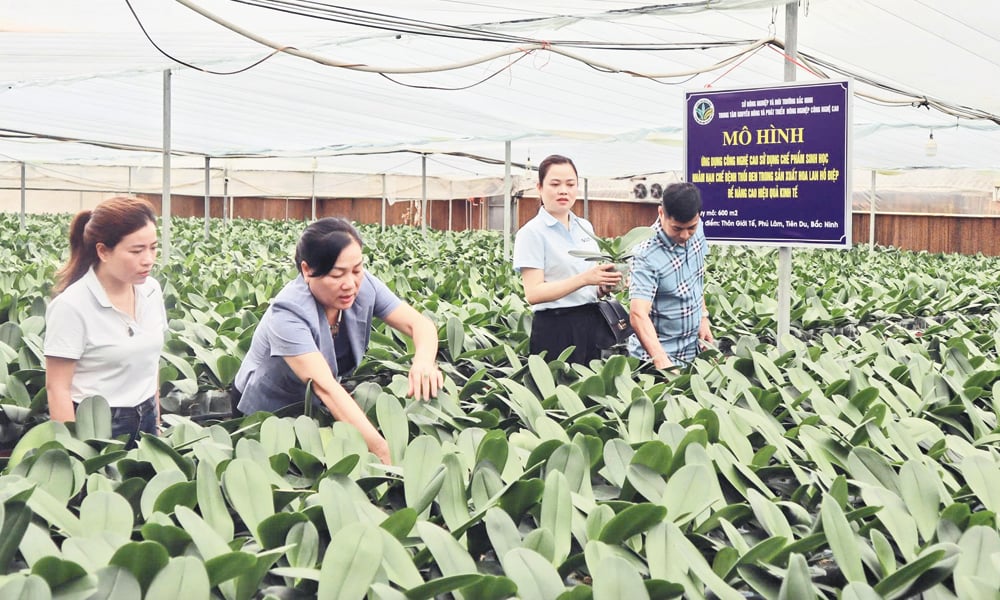 |
High-tech application model using biological products in Phalaenopsis orchid production in Tien Du commune. Photo: Nguyen Huong. |
Currently, the proportion of high-tech agricultural production accounts for more than 30% of the whole industry, the product value increases by 17-30% compared to traditional farming. However, the number of branded, certified products and long-term consumption contracts is still modest; many models still face difficulties in product consumption, and the selling price is unstable.
According to Mr. Nguyen Hong Quang, Deputy Director of the Department of Agriculture and Environment, in order for high-tech agriculture to be effective, it is necessary to connect "4 houses": State - Farmers - Scientists - Businesses. Enterprises play a key role in consuming products and investing in processing; the State supports infrastructure, credit capital, and incentive policies. Some specific solutions include: Developing logistics and agricultural processing; building logistics centers, agricultural processing; encouraging investment in the form of public-private partnerships in cold storage, post-harvest preservation; expanding preferential credit, agricultural insurance funds; promoting digital transformation (IoT monitoring, blockchain traceability); linking with universities and colleges to train human resources.
Connecting the region, reaching out to the world
The Resolution of the Provincial Party Congress for the 2025-2030 term determined: Promoting the advantages of regions, areas, localities, organizing agricultural production and business according to the value chain, based on the foundation of science, technology and innovation, digital transformation. Developing effective, sustainable agriculture, integrating multi-values towards increasing added value and competitiveness. The focus is on developing agriculture according to the value chain, applying high technology associated with ecological agriculture, circular agriculture, promoting cooperation between agriculture and trade, tourism services...; building and developing concentrated agricultural commodity production areas with key and typical agricultural products, associated with deep processing, preservation, product traceability, creating high value, export orientation. Strongly shifting the mindset from agricultural production to agricultural economic development associated with market demand.
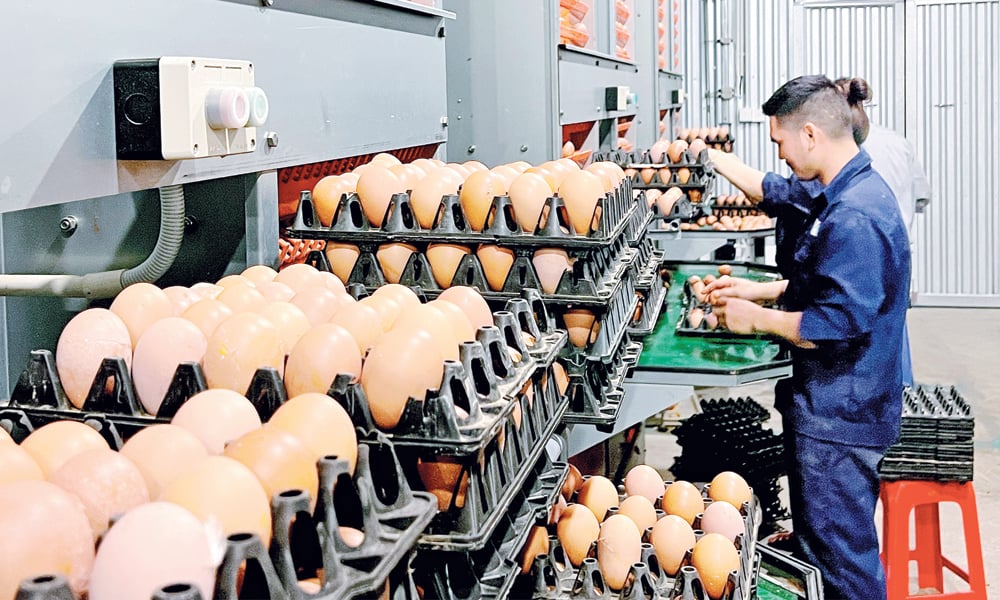 |
Clean egg production line at DELCO Farm. |
Research on linking, cooperating, and placing orders with localities to produce and supply safe food for the province. Encourage the development of high-tech agriculture in suburban areas linked to urban consumption markets and exports. Accordingly, a promising direction is to build a Kinh Bac agricultural corridor, connecting the province's raw material areas with neighboring localities, supplying Hanoi and exporting. Bac Ninh promotes the advantages of fruit trees, vegetables, flowers; Hai Phong (old Hai Duong province) with onions, garlic, and hybrid lychees. This link creates a large-scale, competitive supply chain to help Kinh Bac agricultural products penetrate deeply into the value chain, making Bac Ninh a center of high-tech agriculture in the Red River Delta.
Looking further, Bac Ninh aims to become a logistics and agricultural processing center, providing high-quality products for the domestic market and export. The vision is to be a high-tech agricultural center in the Red River Delta, converging modern and sustainable production models, strongly applying digital transformation and circular economy. To achieve the goal, the province needs to synchronize many solutions: Completing the planning of raw material areas, attaching geographical indications and collective brands; investing in research and transferring drought-resistant and pest-resistant varieties; developing green and circular agriculture; promoting the Kinh Bac agricultural product brand, combining eco-tourism and experiences.
Developing high-tech agriculture in Bac Ninh is a long-term strategy to increase value and expand product output, but to create a breakthrough, it is necessary to implement synchronously from policies, infrastructure, regional linkages to technological innovation. At that time, Bac Ninh agricultural products will not only serve the domestic market but also reach international standards, becoming the pride of Kinh Bac land.
Source: https://baobacninhtv.vn/nong-nghiep-ung-dung-cong-nghe-cao-tang-gia-tri-rong-dau-ra-postid427788.bbg



![[Photo] Hanoi morning of October 1: Prolonged flooding, people wade to work](https://vphoto.vietnam.vn/thumb/1200x675/vietnam/resource/IMAGE/2025/10/1/189be28938e3493fa26b2938efa2059e)


![[Photo] Keep your warehouse safe in all situations](https://vphoto.vietnam.vn/thumb/1200x675/vietnam/resource/IMAGE/2025/10/1/3eb4eceafe68497989865e7faa4e4d0e)
![[Photo] President of the Cuban National Assembly visits President Ho Chi Minh's Mausoleum](https://vphoto.vietnam.vn/thumb/1200x675/vietnam/resource/IMAGE/2025/10/1/39f1142310fc4dae9e3de4fcc9ac2ed0)
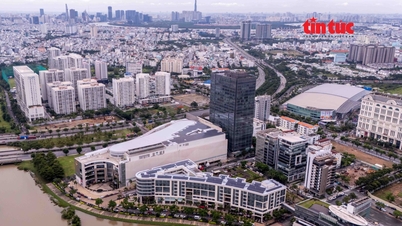

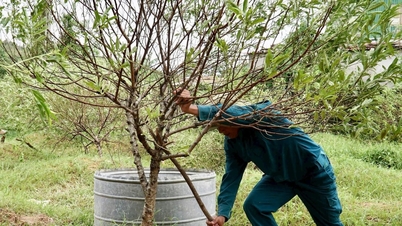

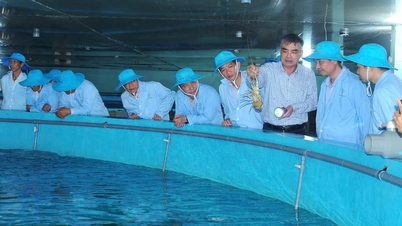



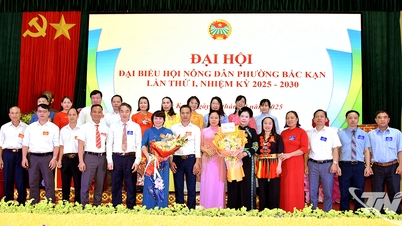


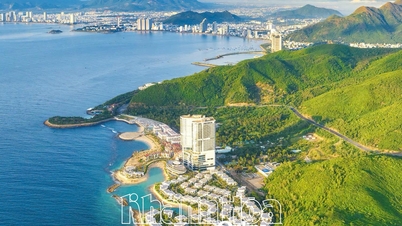

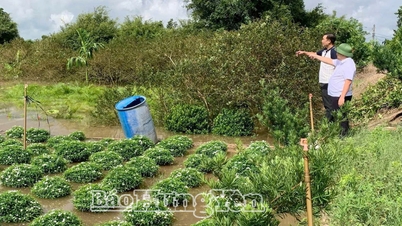

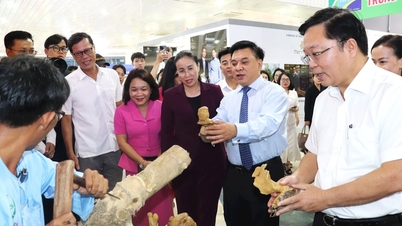
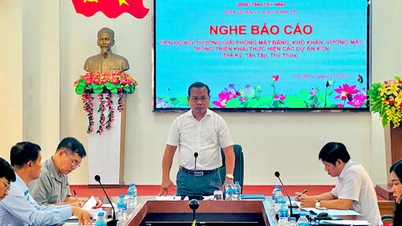

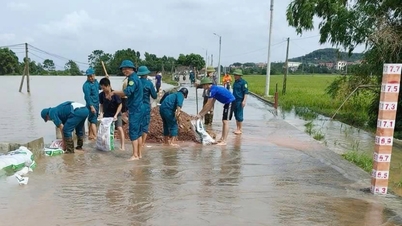
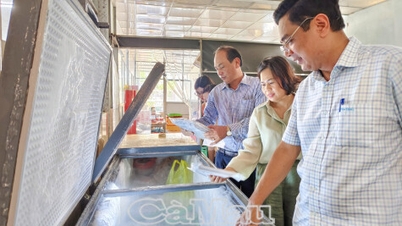






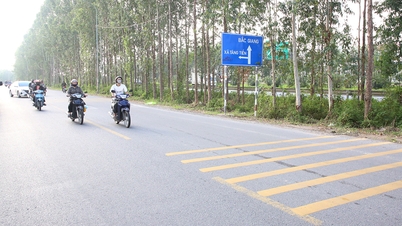
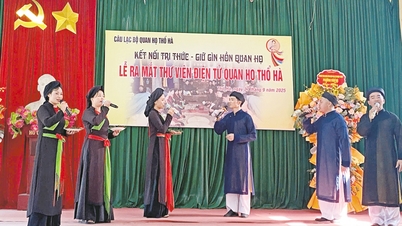
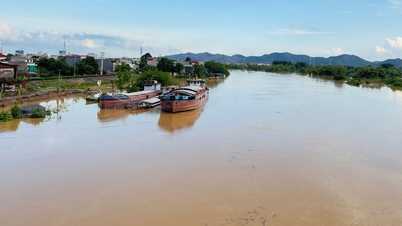
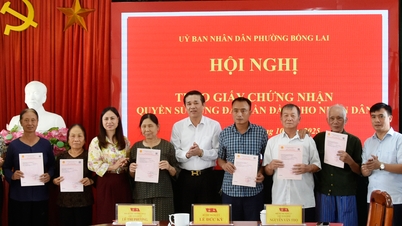
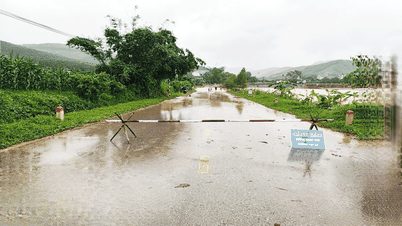




























































Comment (0)